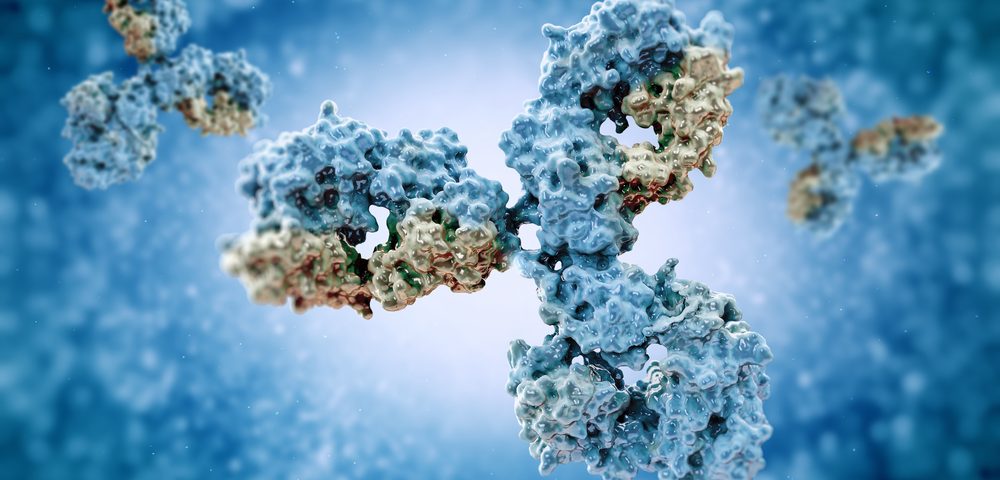Men and women may benefit differently from immunotherapy medications used to treat several types of advanced cancers, according to a review study.
The study, “Cancer immunotherapy efficacy and patients’ sex: a systematic review and meta-analysis,” was published in The Lancet Oncology.
Sex and gender have a direct impact on the way our immune system deals with internal and external threats. On average, women are able to mount stronger immune responses against microbes, which explains the lower severity and prevalence of many infections in women, and their better response to vaccinations compared to men.
However, men have an almost two-times higher risk of mortality from all cancers, likely due to a combination of behavioral and biological factors, including hormonal regulation and immune system responses.
In the past decade, cancer immunotherapy became the standard treatment for some types of advanced cancers, including melanoma and non-small-cell lung cancer (NSCLC). Although immune checkpoint inhibitors — molecules that block certain proteins made by some types of immune and cancer cells — improve overall survival in cancer patients, there have been no studies about how these drugs may be affected by patients’ gender.
Authors gathered data from 20 randomized controlled trials of immune checkpoint inhibitor therapies (ipilimumab, tremelimumab, nivolumab, or pembrolizumab) that reported the overall survival of 11,351 patients (67% men and 33% women) with advanced or metastatic cancers, including melanoma (32%) and NSCLC (31%).
Immunotherapy treatment improved overall survival in men and women compared to the different control regimens. However, the effectiveness of immune checkpoint inhibitors in male patients was significantly higher — the relative survival gain almost doubled — compared to female patients, regardless of the type of cancer and drugs administered.
“An individual’s prognosis will depend on multiple variables including type of cancer and the drugs used, and immunotherapies continue to be the standard treatment for several cancers, with survival often far better than other drugs,” Fabio Conforti, MD, from the European Institute of Oncology at Milan, Italy, said in a press release.
“Treatment for women should not be altered based on these findings, rather we need to understand more about the mechanisms to ensure that these novel treatments can be [optimized] for both men and women,” Conforti said.
Authors also recognized the under-representation of female patients in clinical trials is a serious problem. Indeed, women comprised less than a third of the overall population in half the trials analyzed, highlighting the importance of sex-specific analyses to avoid biased conclusions that may lead to poor patient care.
“Despite the available evidence on the potential role played by sex in influencing how drugs work, trials testing new therapies rarely take sex into account. Immune checkpoint inhibitors have [revolutionized] cancer treatment, showing higher efficacy than standard therapies in several cancers. As we seek to improve immunotherapy further by identifying predictive biomarkers of response, sex differences should be further investigated,” Conforti concluded.
The study was not without limitations, however. This type of meta-analysis relies on published results rather than on individual patients’ data. Also, certain types of NSCLCs that have specific mutations are not only more common in female patients, but are also more resistant to immunotherapies.
Nonetheless, the authors noted that the majority (94%) of NSCLCs included in the analysis did not have the particular mutation, indicating that sex-dependent differences in the effectiveness of immune checkpoint inhibitors were not related exclusively to mutation status.


